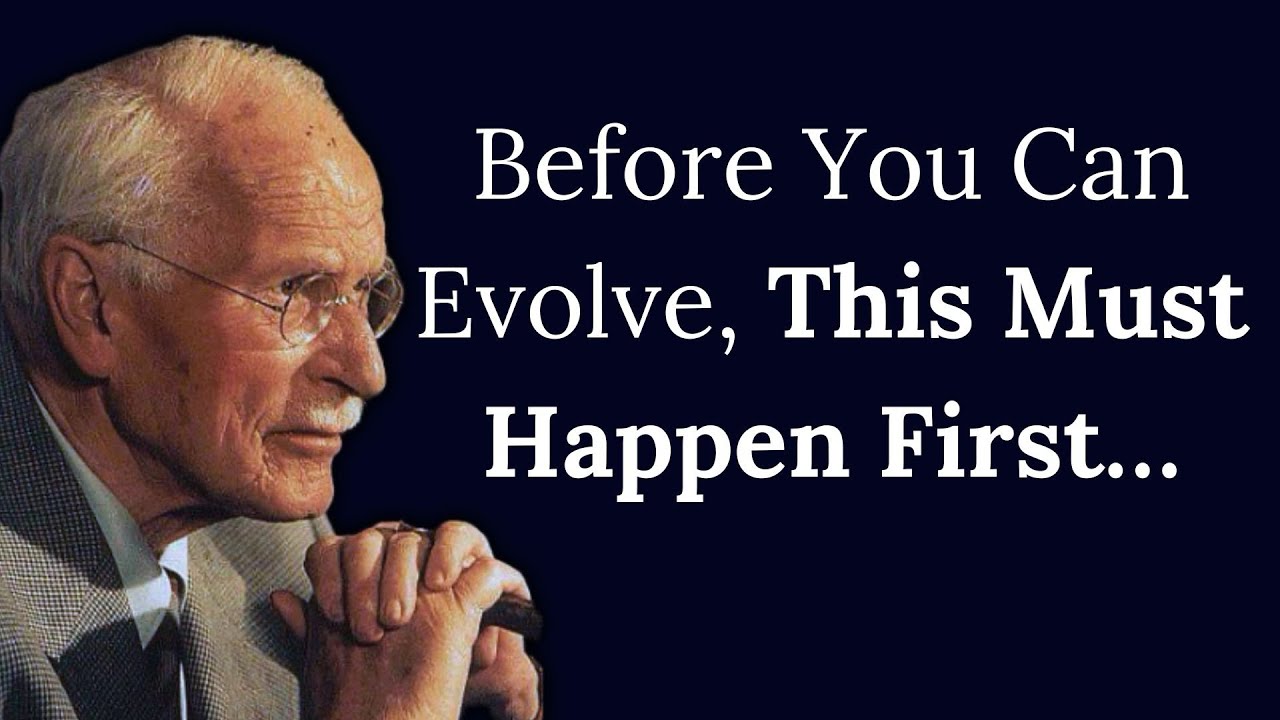The video explores Carl Jung’s insight that true personal transformation requires the complete dismantling of one’s old self, rather than just incremental changes, emphasizing that this process involves discomfort and sacrifice. It highlights that genuine growth comes from letting go of outdated beliefs and identities, allowing for the emergence of a renewed self, and encourages viewers to embrace the chaos of this transformative journey.
The video discusses the profound insights of Carl Jung regarding personal transformation, emphasizing that true change requires a complete dismantling of one’s old self rather than mere incremental adjustments. The speaker reflects on their own journey, realizing that to effectively respond to life’s frustrations, they needed to fundamentally rewire their reactions. This process involved embracing stoic wisdom and psychological tools to shift their mindset, leading to the discovery of Jung’s quote about transformation necessitating the end of an old worldview.
The speaker highlights that genuine transformation is not a gentle process; it involves destruction and rebirth. This uncomfortable journey requires letting go of an identity that has been built over years, which can be painful but is essential for growth. They stress that real change is about tearing down old beliefs and habits that no longer serve us, rather than simply adding new ones. This truth about change demands sacrifice, and resisting it can lead to stagnation.
Historical examples illustrate that significant transformations often arise from destruction. The speaker cites events like the Renaissance and the Civil Rights Movement, which were not just shifts but collapses of entire worldviews that paved the way for new possibilities. They argue that this cycle of death and rebirth is not only collective but also deeply personal, as letting go of outdated perspectives creates space for new growth and opportunities.
The video emphasizes that transformation is inherently uncomfortable, as it challenges our illusions and the familiar comfort of our current identities. The speaker references Friedrich Nietzsche’s idea that one must be willing to endure the fire of change to emerge renewed. They assert that transformation is not about self-improvement but rather about self-destruction, where the old self must die for the new self to emerge.
Ultimately, the speaker encourages viewers to embrace the chaos of growth and to be willing to shed their old selves to make way for new beginnings. They conclude that while transformation is painful and confusing, it is also rewarding and essential for personal evolution. By accepting the truth that change involves endings, individuals can unlock their potential and become the best versions of themselves, provided they are ready to act on this insight.
